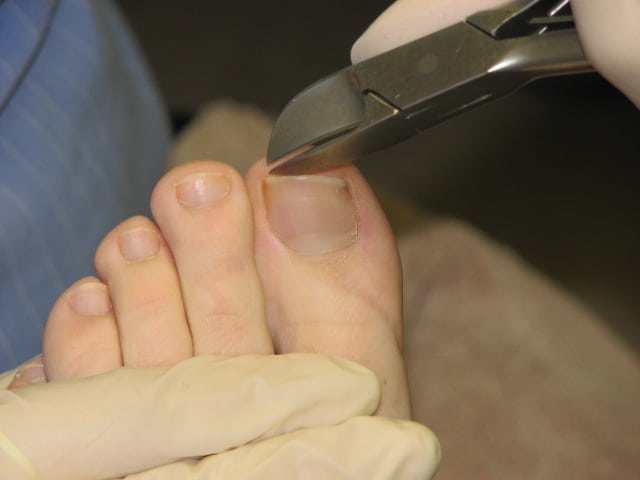Diabetes, a chronic metabolic condition that affects millions of people worldwide, presents various challenges that extend beyond managing blood sugar levels. One of the most significant complications of diabetes is its impact on foot health. Individuals living with diabetes often experience foot problems that can lead to serious complications if not managed properly. This is where podiatrists step in to play a vital role in diabetes foot care.
Understanding the Diabetic Foot
Before delving into the role of podiatrists in diabetes foot care, it’s essential to comprehend the unique challenges posed by diabetes to foot health. Diabetes can lead to two primary foot conditions:
- Neuropathy: Diabetic neuropathy is a nerve disorder caused by prolonged exposure to high blood sugar levels. It can lead to loss of sensation in the feet, making it difficult for individuals to detect injuries or sores.
- Peripheral Arterial Disease (PAD): Diabetes can also cause damage to blood vessels, reducing blood flow to the extremities, including the feet. Poor circulation can slow down the healing process and increase the risk of infection.
The Role of Podiatrists
Podiatrists, medical professionals specializing in foot and ankle care, are invaluable members of the healthcare team for individuals with diabetes. Here’s how they contribute to diabetes foot care:
1. Early Detection and Risk Assessment
Podiatrists conduct regular foot examinations to assess the risk of complications. Through a comprehensive evaluation, they can identify any issues such as calluses, corns, or deformities that may lead to foot ulcers. By detecting problems early, podiatrists can initiate preventive measures.
2. Patient Education
Education is a crucial aspect of diabetes foot care. Podiatrists educate their patients on proper foot care practices, including daily inspections, appropriate footwear, and hygiene routines. Patients learn to recognize warning signs and act promptly if they notice any abnormalities.
3. Wound Management
For individuals with diabetes, even minor cuts or blisters can escalate into serious infections. Podiatrists are skilled in wound management, ensuring that any foot injuries are treated promptly and effectively. They employ specialized techniques to promote healing and prevent complications.
4. Custom Orthotics and Footwear
Podiatrists often recommend custom orthotic devices and footwear tailored to the patient’s specific foot shape and needs. These aids can alleviate pressure points, reduce friction, and enhance overall comfort, reducing the risk of ulcers and sores.
5. Monitoring Diabetes-Related Foot Complications
Individuals with diabetes may develop conditions such as Charcot foot, a severe deformity of the foot and ankle. Podiatrists closely monitor these conditions, providing interventions to prevent further damage and improve the patient’s quality of life.
6. Surgical Intervention
In cases where conservative treatments are insufficient, podiatrists are trained to perform surgical procedures to correct deformities, remove infected tissue, or alleviate pain. Surgical interventions are carefully planned to minimize risks for individuals with diabetes.

The Collaborative Approach
The role of podiatrists in diabetes foot care extends beyond their individual expertise. They collaborate closely with other healthcare professionals, including endocrinologists, primary care physicians, and wound care specialists. This multidisciplinary approach ensures that all aspects of diabetes management are considered, leading to the best possible outcomes for the patient.
Conclusion
Diabetes foot care is a critical aspect of managing diabetes effectively and preventing serious complications. Podiatrists are the unsung heroes in this endeavor, working diligently to keep the feet of individuals with diabetes healthy and functional. Their expertise in early detection, patient education, wound management, and surgical interventions makes them indispensable members of the diabetes care team.
In the journey towards better diabetes management, remember that taking care of your feet is taking care of your overall health. Regular visits to a podiatrist and following their advice can ensure that you continue to put your best foot forward, even in the face of diabetes-related challenges. For further help, tips, and advice on podiatrists in diabetes foot care, check out RideAble to know more.

